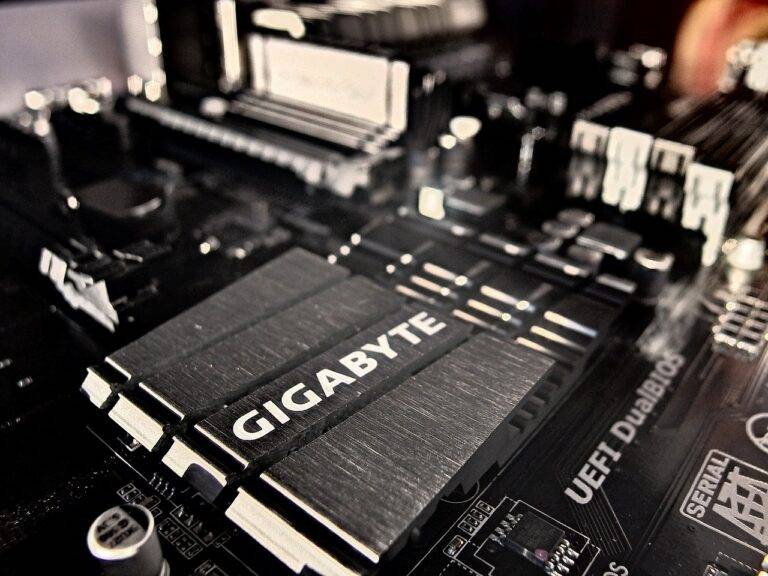The Role of Blockchain in Healthcare Records Management
Blockchain technology, at its core, is a decentralized digital ledger that stores transaction data across a network of computers. These transactions are recorded in blocks that are linked and secured using cryptographic techniques, creating a secure and transparent system.
One of the key features of blockchain is its ability to enable peer-to-peer transactions without the need for intermediaries. This eliminates the risk of manipulation or fraud, as each transaction is verified and added to the ledger through a consensus mechanism. This decentralized nature of blockchain not only enhances transparency but also increases trust among users.
Benefits of Blockchain in Healthcare Records Management
Blockchain technology has shown promising potential in transforming healthcare records management. One of the key benefits is the enhanced security it offers for sensitive patient data. By utilizing cryptographic algorithms and decentralization, blockchain ensures that patient records are stored securely and can only be accessed by authorized personnel, thereby reducing the risk of data breaches and unauthorized access.
Moreover, blockchain technology streamlines the process of sharing medical records among different healthcare providers. Traditionally, accessing and exchanging medical records across various institutions has been a cumbersome and time-consuming process. With blockchain, healthcare professionals can access a patient’s complete and updated medical history instantaneously, leading to more efficient care coordination and improved patient outcomes.
Enhanced Data Security with Blockchain
Blockchain technology provides enhanced data security through its decentralized and immutable nature. When data is stored on a blockchain network, it is cryptographically secured and distributed across multiple nodes. This means that altering or tampering with the data becomes extremely difficult, as it would require changing the information on multiple nodes simultaneously.
Moreover, the use of consensus algorithms in blockchain technology ensures that all transactions must be validated by the network participants. This consensus mechanism adds an extra layer of security, as it prevents unauthorized access or modification of data. As a result, blockchain technology offers a high level of data integrity and security, making it a valuable tool for industries that require secure and transparent data management solutions.





